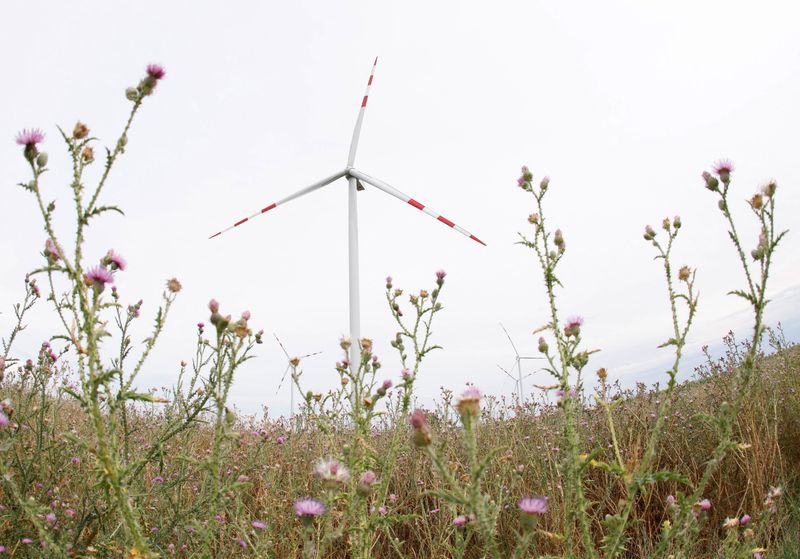By Kate Abnett
BRUSSELS (Reuters) – As temperature records topple and extreme weather rages around the world, countries are preparing for talks at this year’s COP28 UN summit on climate finance – money that large economies provide to help poorer states cope with climate change.
So far, countries have not delivered this money in the amounts promised. Analysts say some have paid more than their “fair share”. Other nations say they shouldn’t have to pay at all.
WHICH COUNTRIES PAY U.N. CLIMATE FINANCE?
The list of countries obliged to contribute dates back to U.N. climate talks in 1992. It has not been expanded since.
On it are 23 countries: Australia, Austria, Belgium, Canada, Denmark, Finland, France, Germany, Greece, Iceland, Ireland, Italy, Japan, Luxembourg, the Netherlands, New Zealand, Norway, Portugal, Spain, Sweden, Switzerland, the United Kingdom and the United States.
The list also includes the European Economic Community – a precursor to the European Union.
Those not in the list include China, today the world’s second-biggest economy, and high wealth-per-capita countries such as the United Arab Emirates. Some countries want that to change.
WHO HAS PAID THEIR FAIR SHARE?
U.N. rules do not specify how much each wealthy country should pay.
The London-based think tank ODI has estimated how much each rich nation should pay towards the $100 billion per year that wealthy countries have pledged to jointly provide, based on a country’s national income, CO2 emissions since 1990 and population size.
That analysis suggested only seven countries had paid their “fair share” in 2020 – Denmark, France, Germany, Japan, the Netherlands, Norway and Sweden.
By ODI’s ranking, the U.S. lags behind every other developed nation, when its past climate finance contributions are compared with what its “fair share” would be.
Those 2020 contributions included $8.66 billion from France and $16.09 billion from Japan. By comparison, the U.S. provided $2.3 billion in 2020. The country has committed $11.4 billion for 2025, but ODI said this was still only a quarter of the U.S.’s “fair share”.
Taken together, the 27-country EU is the biggest provider of climate finance, contributing 23.38 billion euros ($26.15 billion) in 2020.
These sums do not capture all climate-related cash – such as how much private finance these countries mobilise towards climate projects.
They also do not reflect how much countries spend at home to cut their own planet-warming CO2 emissions. The United States has passed a $430 billion bill, the Inflation Reduction Act, including major provisions to cut emissions and expand low-carbon technologies.
RISING COSTS
Finance is set to loom large at this year’s COP28 UN climate summit in November, where nearly 200 countries will discuss a fund to support vulnerable countries suffering climate-caused damage, and a new climate finance pledge for after 2025.
Up to then, the pledge amounts to $100 billion a year – falling far short of what’s needed for decarbonising economies and adapting to a warmer world. By 2030, the U.N. estimates vulnerable countries will need nearly $6 trillion just to reduce emissions.
($1 = 0.8942 euros)
(Reporting by Kate Abnett, editing by Katy Daigle and Lincoln Feast)
